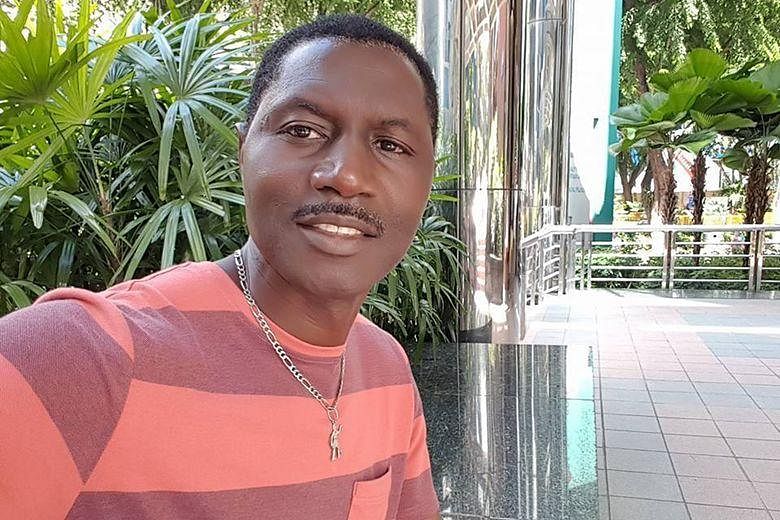It has been five years since two South Korean footballers were jailed for trying to fix an S-League match, but Singapore is still struggling to shake off the unwanted reputation of being a base for match-fixing syndicates with dark tentacles spread across the globe.
Singaporean protagonists in the international rigging scene, such as Wilson Raj Perumal and Dan Tan Seet Eng, still get named as feudal lords of fixers.
Last week, the Singapore Government drew a line in the sand.
If it was not clear before, it is now: There is zero tolerance for match-fixing.
Mali-born Singaporean Gaye Alassane is set to be stripped of his citizenship by the Ministry of Home Affairs (MHA) for his involvement in a global match-fixing syndicate, despite the 43-year-old having already spent two years and three months in detention under the Criminal Law (Temporary Provisions) Act.
Alassane was released from detention in January last year.
There is neither evidence that he fixed games while he was an S-League player with Gombak United in 2000, nor any indication that he moved to rig local matches.
So the fact that he did no harm to the local game counts for little.
In the authorities' eyes, he has damaged Singapore's reputation.
In fact, Singapore was called an "academy for match-fixers" by former Fifa security head Chris Eaton.
That is not the only notorious label slapped on the Republic, and enough is enough.
By making an example of Alassane, the MHA is sending a serious message in Singapore's war against match-fixing of any kind.
"The message is clear, Singaporean citizenship granted to a foreign national is a privilege," Mr Eaton told The Straits Times.
"Abuse it and lose it."


